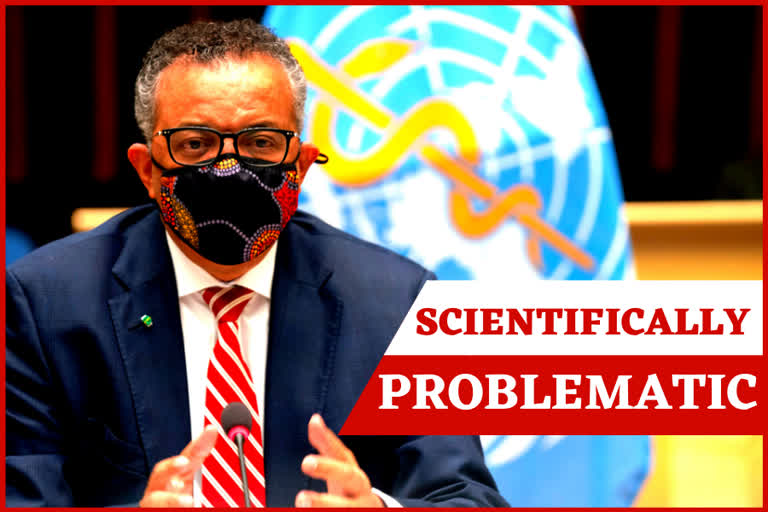Geneva: The head of the World Health Organisation (WHO) has warned against the idea that herd immunity might be a realistic strategy to stop the pandemic, calling such proposals "unethical."
At a news briefing on Monday, WHO director-general Tedros Adhanom Ghebreyesus said health officials typically aim to achieve herd immunity - where the entire population is protected from a virus when the majority are immune - by vaccination.
Read also: WHO warns there might never be a 'silver bullet' to defeat virus
Tedros noted that to obtain herd immunity from measles, for example, about 95% of the population must be vaccinated.
"Herd immunity is achieved by protecting people from a virus, not by exposing them to it," he said.
"Never in the history of public health has herd immunity been used as a strategy for responding to an outbreak," he said, calling the strategy "scientifically and ethically problematic."
Read also: WHO advises wider use of masks in virus hotspots
Tedros said that WHO estimates less than 10% of the population has any immunity to the coronavirus, meaning the vast majority of the world remains susceptible.
Tedros also noted countries had reported record-high daily figures of COVID-19 to the UN health agency for the last four days, citing surges in Europe and the Americas in particular.
AP



